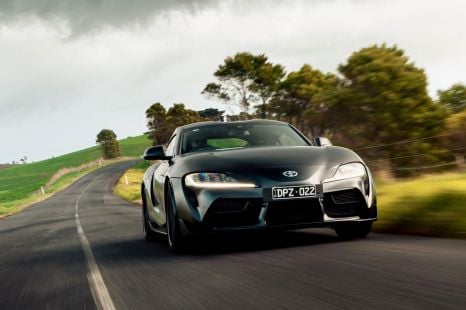

Max Davies
2025 Toyota GR Supra Track Edition review
4 Days Ago
The FCAI has argued the government's mandating of lab emissions and economy testing and the funding of a real-world testing program results in inconsistencies.

News Editor
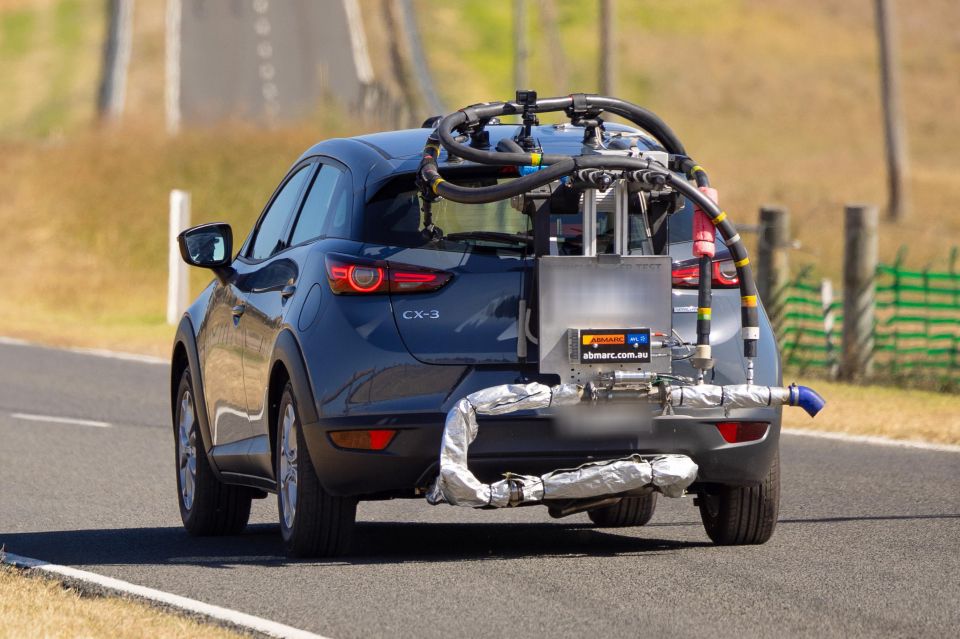

News Editor
The peak body for car brands in Australia has criticised a government-funded program that tests the fuel economy, emissions and range claims of automakers, arguing it causes “unnecessary confusion”.
The Australian Automobile Association (AAA) recently expanded its Commonwealth-funded Real-World Testing Program, which commenced in 2023, to include testing of the range and efficiency of electric vehicles (EVs).
However, the Federal Chamber of Automotive Industries (FCAI) has questioned the merit of the AAA’s testing.
CarExpert can save you thousands on a new car. Click here to get a great deal.
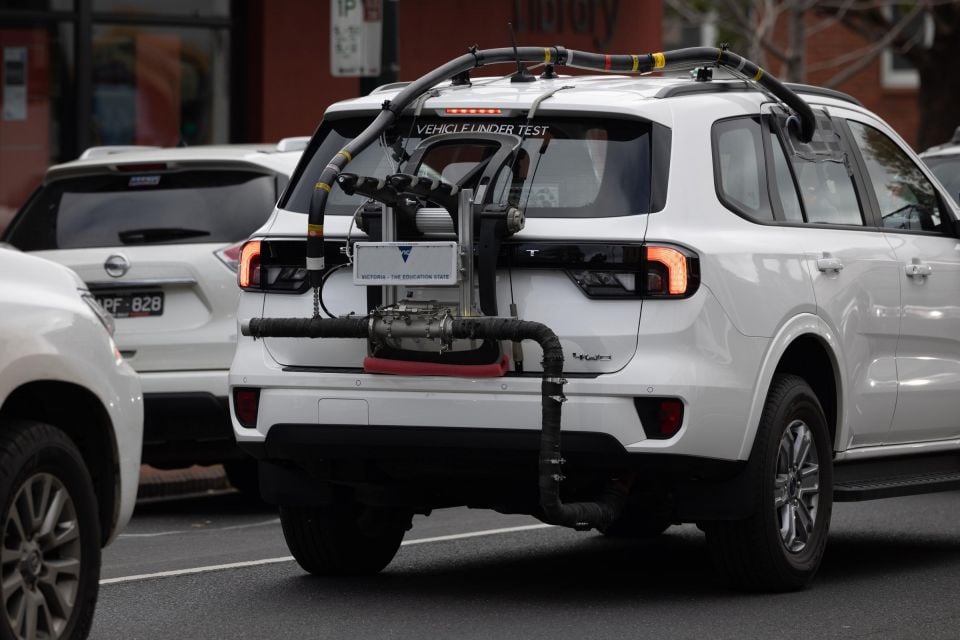
“All vehicles, including EVs, sold in Australia are tested under strict laboratory conditions set out in Australian Design Rule 81/02,” said FCAI chief executive Tony Weber in a statement.
“This consistent methodology ensures vehicles can be reliably compared, regardless of brand or model.
“Tests conducted outside the ADR process are influenced by many variables, including traffic, terrain, weather and driving style. No two drivers or journeys are the same.
“We support transparent, evidence-based information for consumers, but it must be consistent. When conflicting figures are published, it undermines confidence and causes unnecessary confusion.”
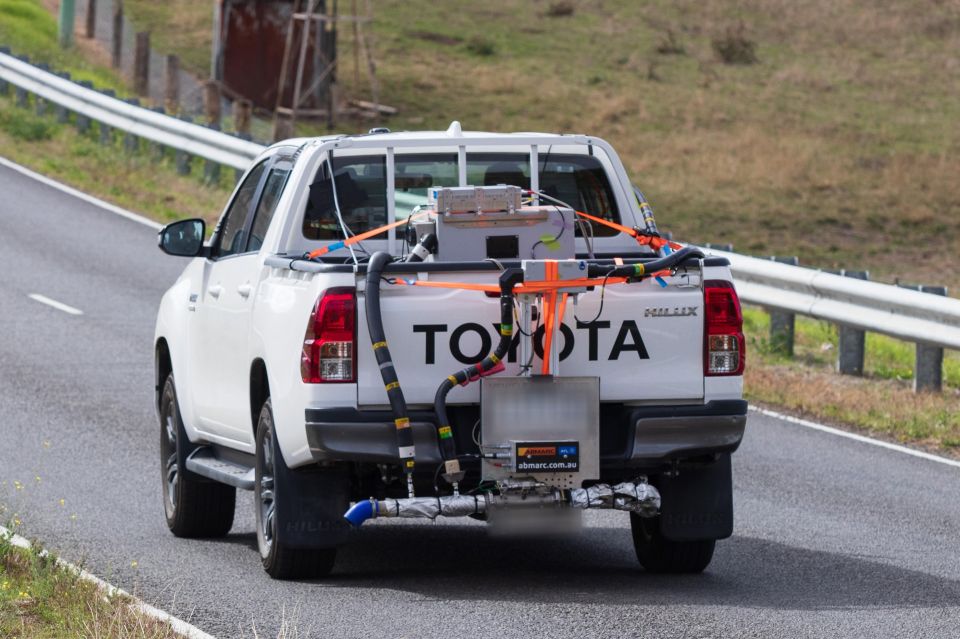
The FCAI argues ADR 81/02 laboratory testing is already mandated by the federal government, so the funding of a real-world test program results in inconsistencies.
The peak auto industry body and the Electric Vehicle Council (EVC) appear to have found some common ground.
“All cars, including petrol and diesel cars, often present different results in the lab compared to real-world conditions. Laboratory testing occurs in controlled conditions while real-world driving throws in all sorts of variables such as traffic flows, hills, rough roads, weather, extra passenger or luggage weight, and the unique driving styles of motorists,” said the EVC’s head of legal, policy and advocacy, Aman Gaur, in a statement.
“Given the unpredictable nature of driving needs, it’s inherently challenging for manufacturers to provide real-world estimates. That’s why electric vehicle manufacturers are following the rules and advertising the test results that are required by law.”
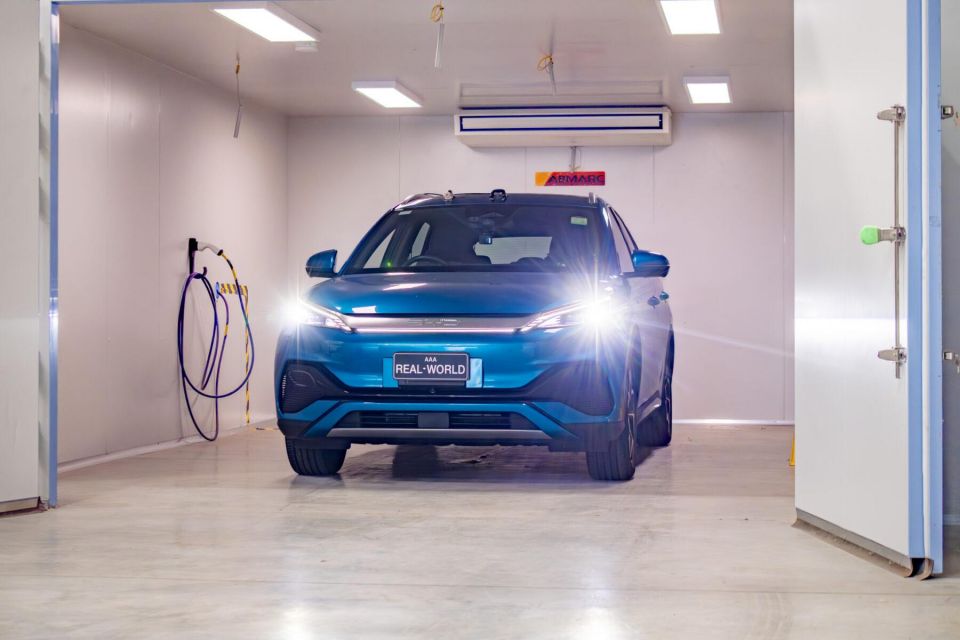
The EVC also noted hat most EV manufacturers use more realistic WLTP electric range figures, instead of the NEDC standard that was phased out in Europe several years ago but still underpins the local ADR 81/02 figures.
In AAA testing, various models were found to return results well adrift of their lab-tested claims.
In its inaugural testing of EVs, the results of which were released this week, the BYD Atto 3 electric SUV was found to have 23 per cent less range than claimed and 21 per cent higher energy consumption.
In previous testing, a raft of petrol, diesel and hybrid vehicles were also found to exceed their advertised fuel economy and CO2 emissions claims.
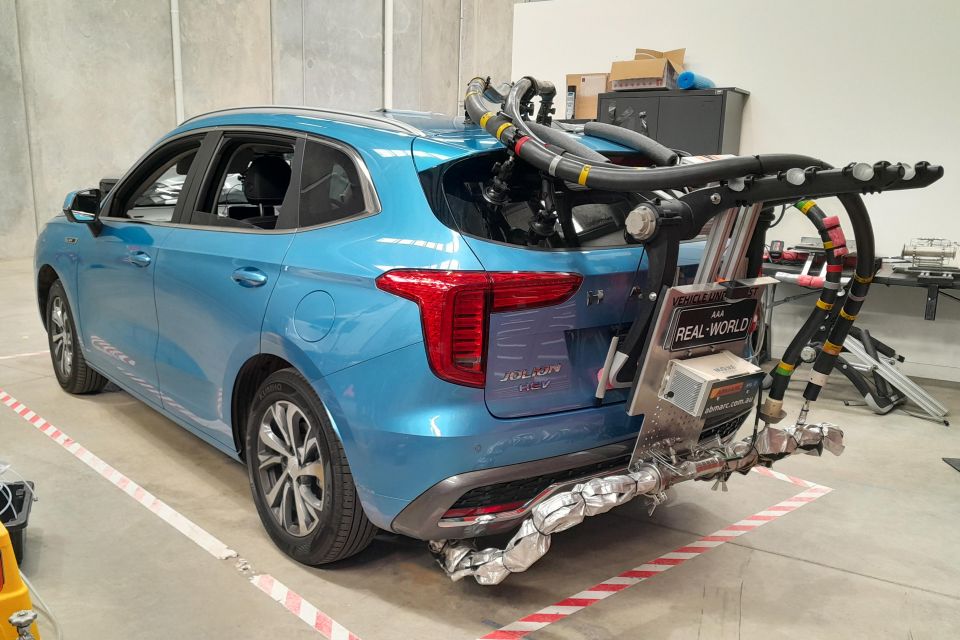
The previous-generation BMW X3, for example, was found to use 20 per cent more fuel and produce 23 per cent more CO2 than claimed, while the Chery Omoda 5 used 32 per cent more fuel and produced 26.8 per cent more CO2.
Other disappointing results included previous generations of the MG 3 (+19 and +13 per cent, respectively) and Suzuki Swift (+31 and +31). The latter was also found to produce more than double the mandated lab limit for carbon monoxide.
Some hybrids have also fallen short in the AAA testing program, with the GWM Haval Jolion Hybrid found to use 32 per cent more fuel and produce 31.5 per cent more CO2 than its claims.
The AAA has said the need for real-world testing was first demonstrated by the Volkswagen emissions scandal (commonly referred to as Dieselgate), in which Volkswagen vehicles were found to use software to trick lab tests, and it claims real-world data is important during the cost-of-living crisis for households and fleets alike.
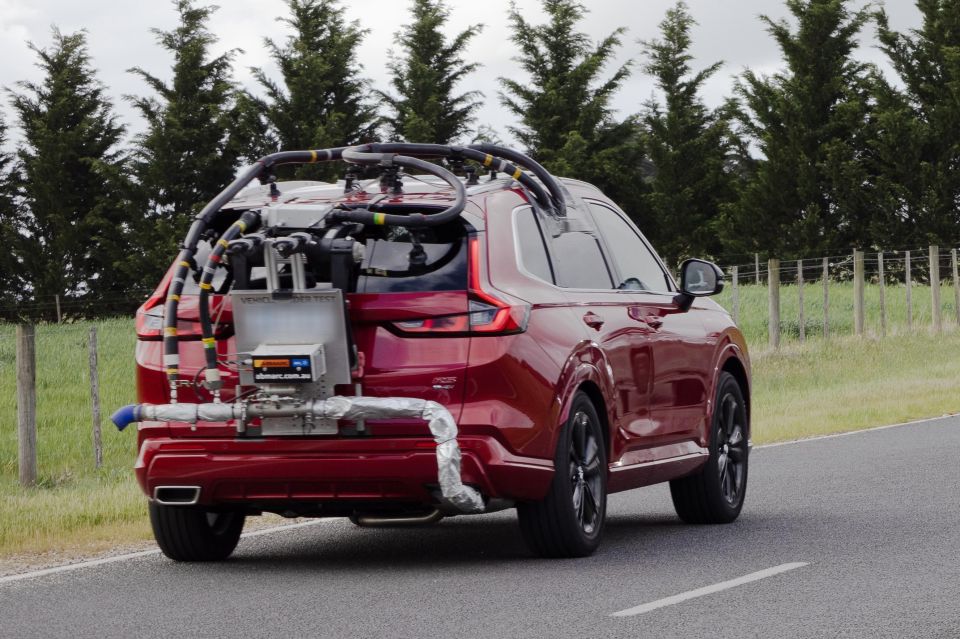
It subsequently received $14 million in government funding for the Real-World Testing Program, which is conducted from a facility in Geelong and on public roads in and around the city.
The aim remains to examine up to 200 cars, utes and vans over a four-year period.
“Australian car buyers have for too long been misled regarding their vehicle’s fuel consumption and environmental performance,” said AAA managing director Michael Bradley in 2023.
“This Program will deliver Australians truth-in-advertising and drive down demand for cars that over-promise and under-deliver. Better information will enable families and fleet buyers to buy vehicles that will meet their budget and environmental requirements.
While the FCAI represents most auto brands (notable exceptions include EVC members Tesla and Polestar), the AAA is the peak organisation for Australia’s motoring clubs and their 9.5 million members, representing the likes of the NRMA, RACV, RACQ and others.

MORE: EV range claims from BYD, Tesla, others scrutinised in new real-world testing
MORE: Real-world testing shows Ford Ranger among emissions-breaching models
MORE: Real-world testing shows not all hybrids are created equal at saving fuel
MORE: Popular Australian models found to use up to 35 per cent more fuel than claimed
MORE: New data shows even more new cars are thirstier and dirtier than claimed
MORE: Real-world tests reveal the cars that are thirstier than they claim
MORE: The popular cars, SUVs and utes that can’t match their fuel economy claims
MORE: Real-world fuel use shows popular Australian new cars drastically exceed claims
MORE: Which SUVs don’t match their fuel economy stickers in the real world?
William Stopford is an automotive journalist based in Brisbane, Australia. William is a Business/Journalism graduate from the Queensland University of Technology who loves to travel, briefly lived in the US, and has a particular interest in the American car industry.


Max Davies
4 Days Ago
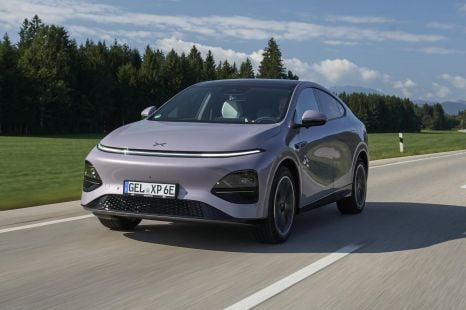

Neil Briscoe
3 Days Ago
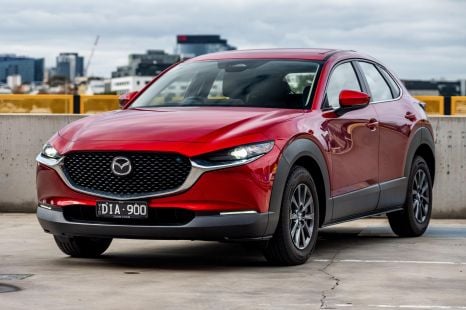

Max Davies
2 Days Ago
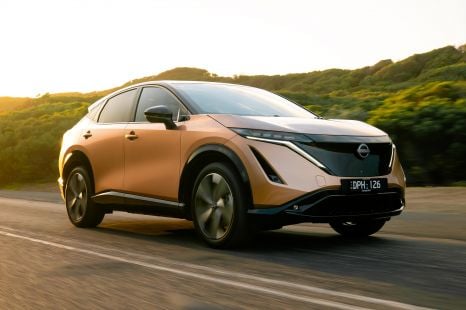

James Wong
1 Day Ago
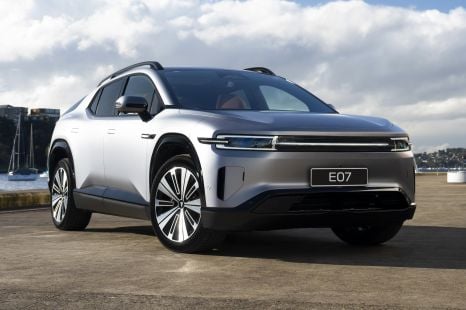

William Stopford
23 Hours Ago
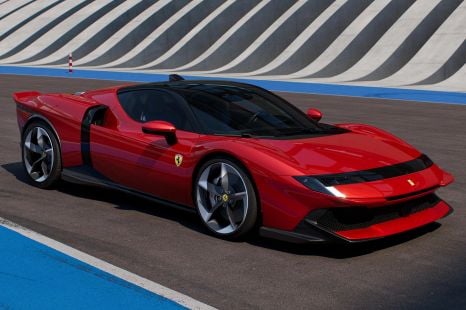
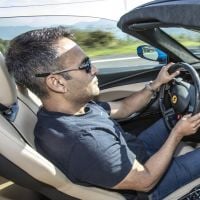
Gautam Sharma
7 Hours Ago